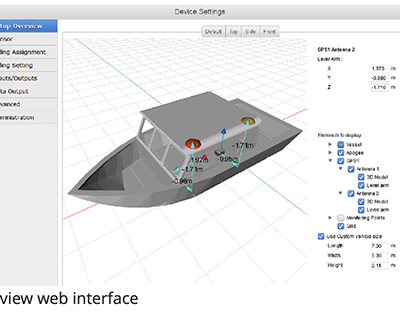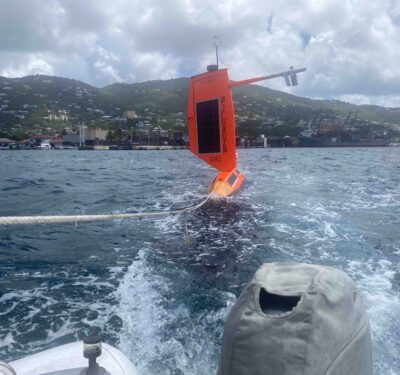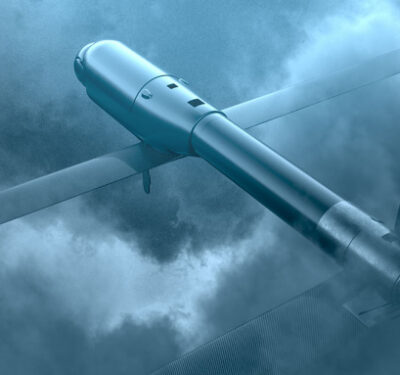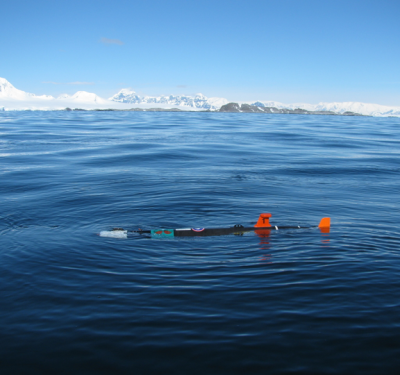In its report the GAO found that autonomous ships are developing domestically in the US, and abroad, and have the potential to transform the maritime environment. However, though the potential for autonomous ships is broad, current commercial uses are fairly narrow.
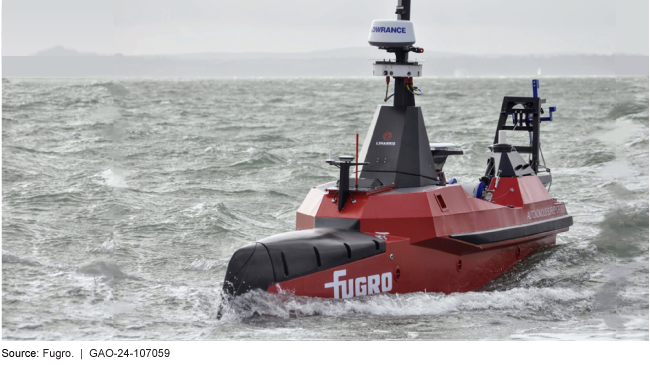
Currently, US statutes establish the minimum number of crew required per vessel. Coast Guard officials do not have the authority to waive these crew requirements outside of the limited scope of the at-sea rocket recovery pilot program. However, officials have heard concerns from industry stakeholders that the inability to reduce crew below the minimum statutory requirements could hinder the development of technologies that would take the place of the crew. Coast Guard officials said they monitor developments that could prompt a need for new or revised laws and regulations, and brief Congress periodically.
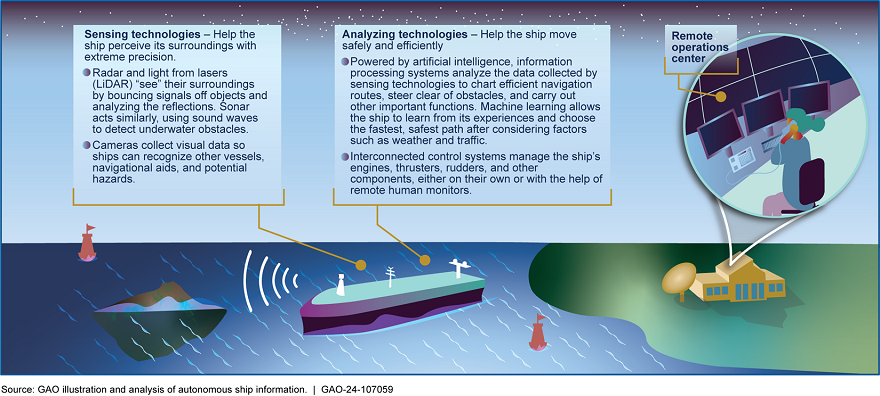
On the international regulatory questions these vessels raise, the International Maritime Organization (IMO), a specialized agency of the United Nations, of which the US Coast Guard is a member, is developing a regulatory framework for autonomous ships in commercial operation in international waters that addresses issues such as safety, training and legal liabilities. It is generally expected to be adopted by member countries on a non-mandatory basis in 2025.
Read the full report here.


